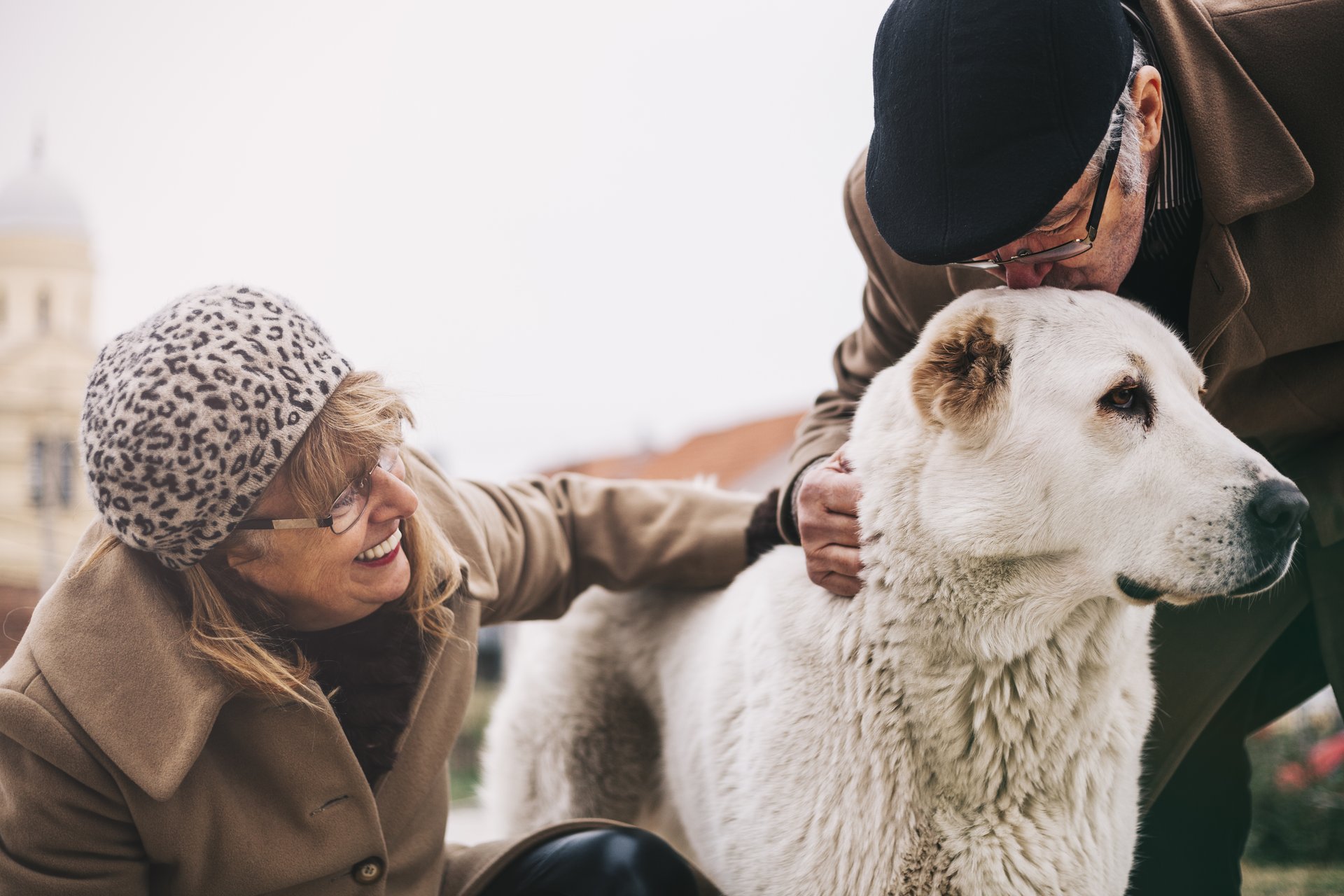
Choose your new dog in haste, repent at leisure.
That’s the advice of Jeff Levy, the veterinarian behind House Call Vet NYC in New York, who repurposed the old saying about marriage.
“Love at first sight may not lead to a long and happy family life with your pet,” he said. “Do your research on the history of breeds you may be interested in. Most were bred to do a specific job. If you don’t provide meaningful work, they will write their own job descriptions.”
It is often the failure to consider in advance a breed’s natural inclinations that ultimately leads people to turn over their canine friends to shelters. And from there, they have an uncertain fate. Although 3.2 million shelter animals are adopted each year, about 1.5 million are euthanized (670,000 dogs and 860,000 cats), according to the ASPCA.
So just how do you decide that you’re ready to make a lifelong commitment to a dog? Bailey Deacon, director of communications, Baltimore Animal Rescue & Care Shelter (BARCS) stressed the importance of research.
“Talk to the staff and volunteers at your local shelter. They are there to help make the best match for you! Ask lots of questions, and be honest about your lifestyle, living situation and others who live in your house — elderly family members and/or kids,” she said. “The more questions you ask and information you provide, the better we can help you!”
“Terriers have always been popular because many breeds are small in size. But not in personality and persistence,” said Levy, by way of example. “As the name implies, terriers were bred to dig, and bark loudly until they could be rescued if stuck in an underground burrow. Gardeners may find their plants unearthed if a terrier comes into the family, and the sharp barking could be a problem in an apartment community.”
Some larger dogs are actually better suited to urban living, said Levy.
“Greyhounds are quiet and notorious couch potatoes, although they need regular off-leash exercise. Newfoundlands are gentle giants, and very well-suited to families with children,” he said. “I’m a big fan of adopting mixed breeds, but again consider their likely heritage. Pit bulls are not a breed per se, but some mixture of bulldog and terrier. They can make exceptional family pets, but the protectiveness of the bulldog side combined with terrier playfulness means that owners have to establish consistent boundaries.”
Want to know more? Check out what animal expert Kelly Meister-Yetter author of “Crazy Critter Lady” and “No Better Medicine” has to say about these popular breeds:
Labrador
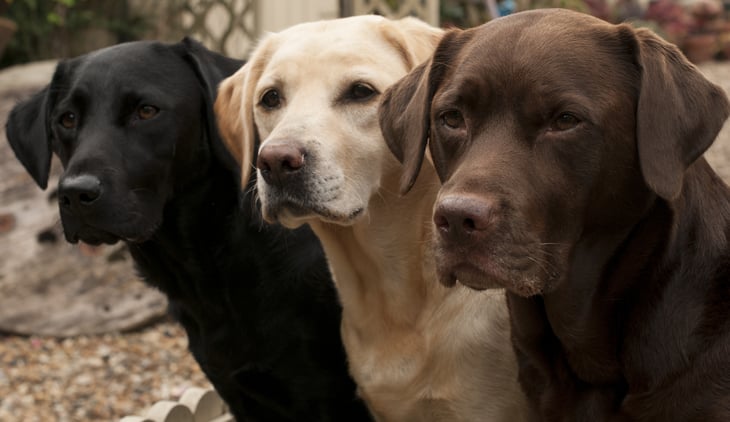
“This large breed is friendly, outgoing and active. Eager to please, and with a dense coat that makes them great water retrieval dogs, Labs are a good choice for outdoorsy types who have the time to give this energetic breed the attention and exercise they need to keep them healthy,” said Meister-Yetter.
German Shepherd
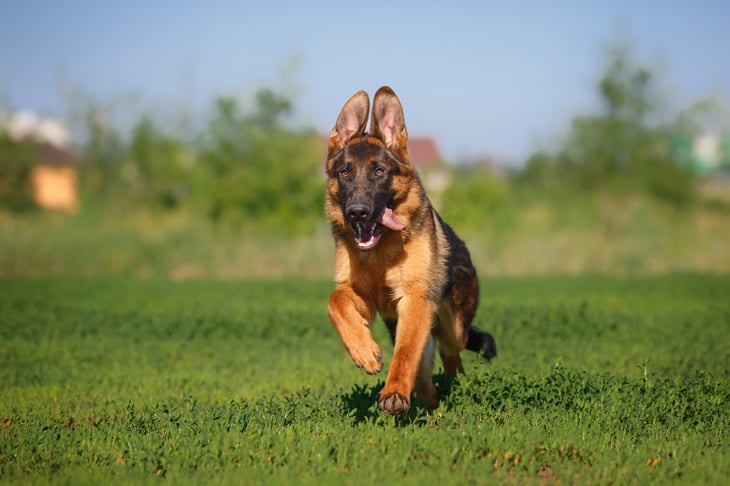
“The Shepherd is a strong, courageous dog well suited to protection training/work. This large dog needs plenty of exercise both physically and mentally to keep him stimulated.”
Golden Retriever
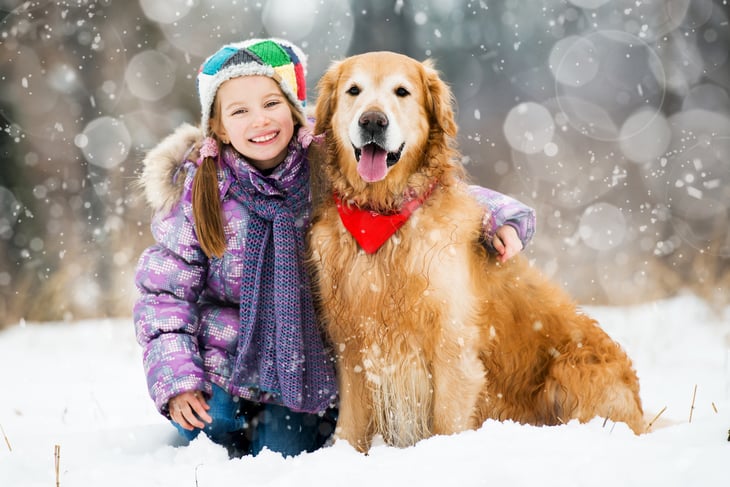
“Devoted, friendly and intelligent, Goldens make great family dogs. They’re eager to please, fast learners, and can keep up with that energetic child in your home.”
Bulldog
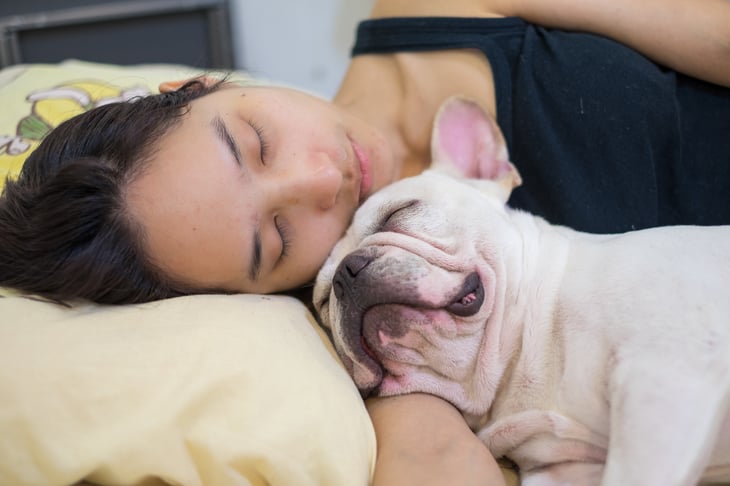
“Calm and friendly, this medium breed doesn’t require as much exercise as a large breed, making him a good choice for empty-nesters and older folks who don’t have the energy for a big dog, but would like a canine companion that will enjoy keeping them company.”
Beagle
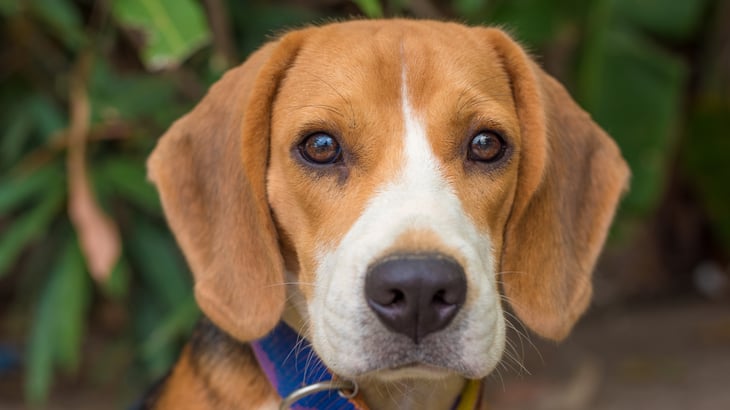
“Beagles are happy, easygoing, companionable dogs who are on the smaller side, making them a good choice for people with less active lifestyles.”
French Bulldog
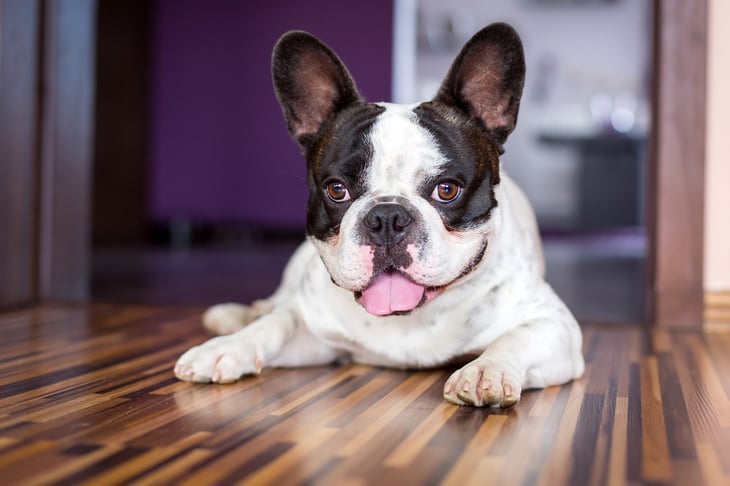
“Fun, playful, smart and adaptable, the small size of the French Bulldog makes him an appealing choice for 20-somethings who’d like a companion but might not have the time to devote to a larger, more active breed.”
Yorkshire Terrier
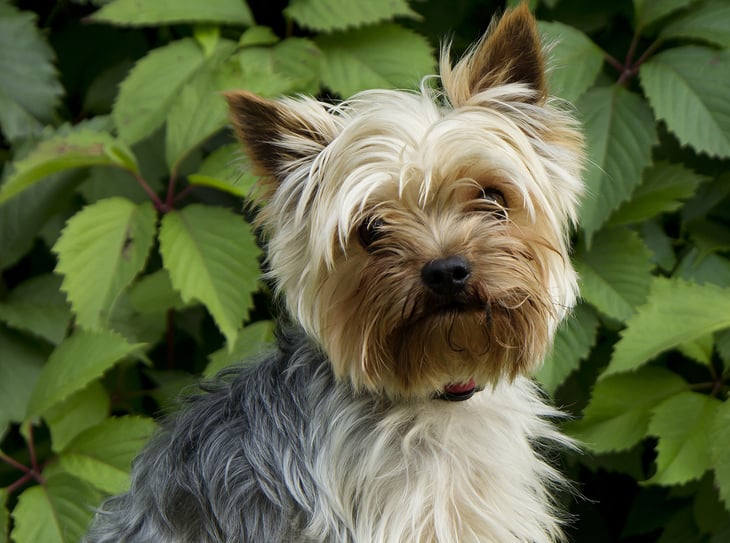
“Sprightly and affectionate, the Yorkie would work well for older folks who prefer the ease of a small-breed dog with a big personality.”
Poodle
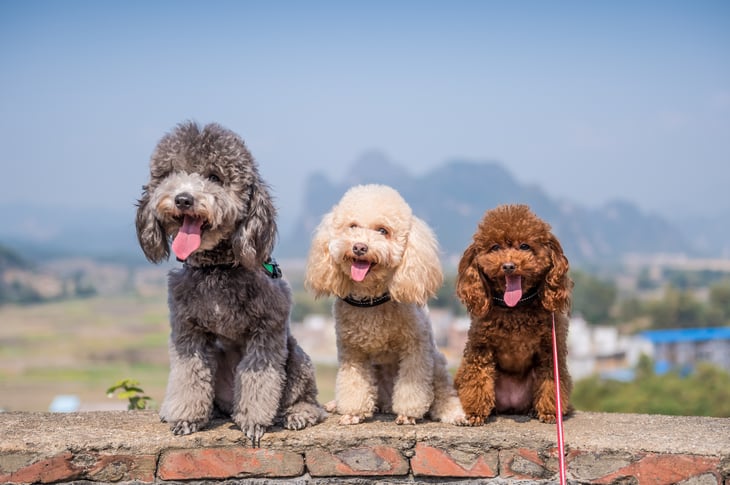
“Poodles are one of the most intelligent breeds of dog available. The varying sizes work well for just about any preference: toy breeds are a favorite of older folks, while the Standard Poodle is large enough to satisfy people who want a large-breed dog without all the work/training requirements that Labs and Shepherds need.”
Rottweiler
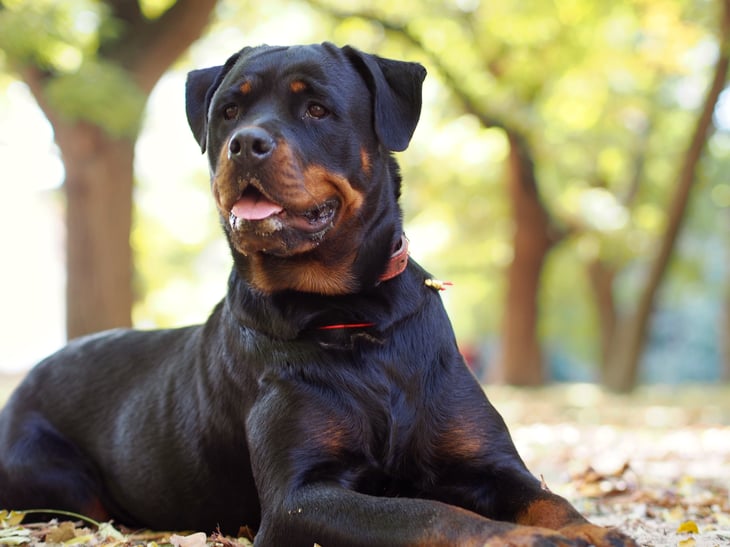
“Loving, loyal and a confidant guardian, Rotties are very affectionate with their people, while tending to be reserved around strangers. This medium-sized breed would be a great choice for people who live alone and worry about their safety.”
Boxer
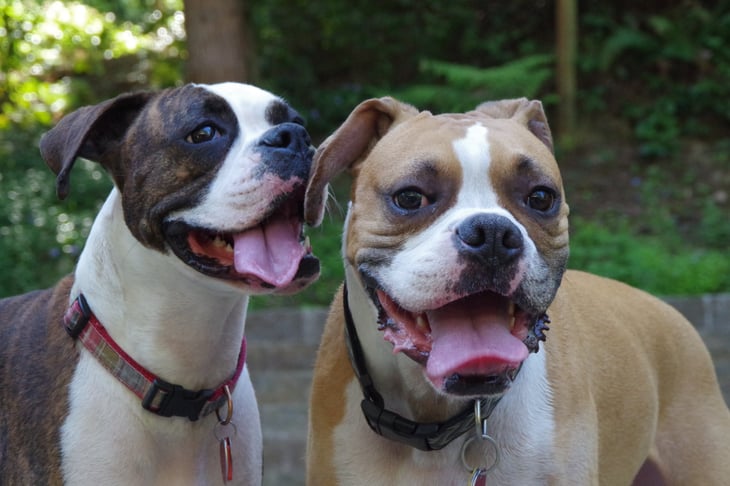
“Fun-loving and active, this medium-breed dog would be a great choice for outdoorsy 20-somethings who want a dog that can keep up with them.”
Siberian Husky
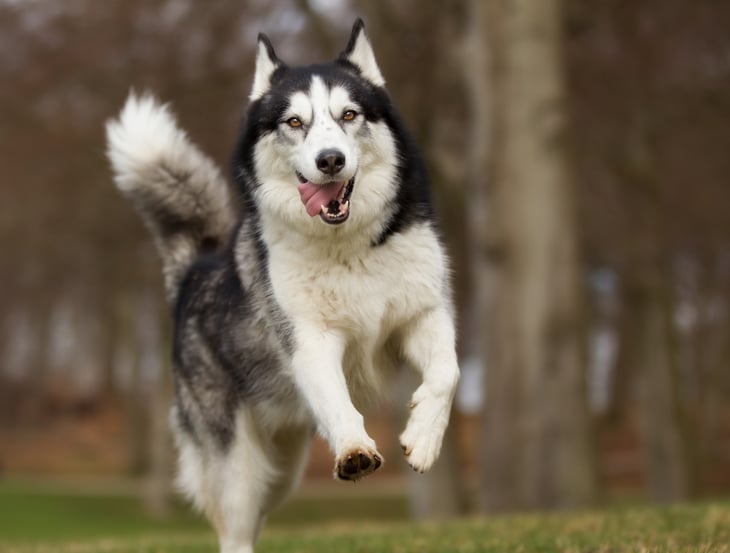
“Gentle and friendly, this high-energy breed really needs someone who can keep him occupied. Commonly used as sled dogs in colder climates, the Husky would be just as happy pulling a child in a wagon. As long as he has a job to do, the Husky is happy.”
Dachshund
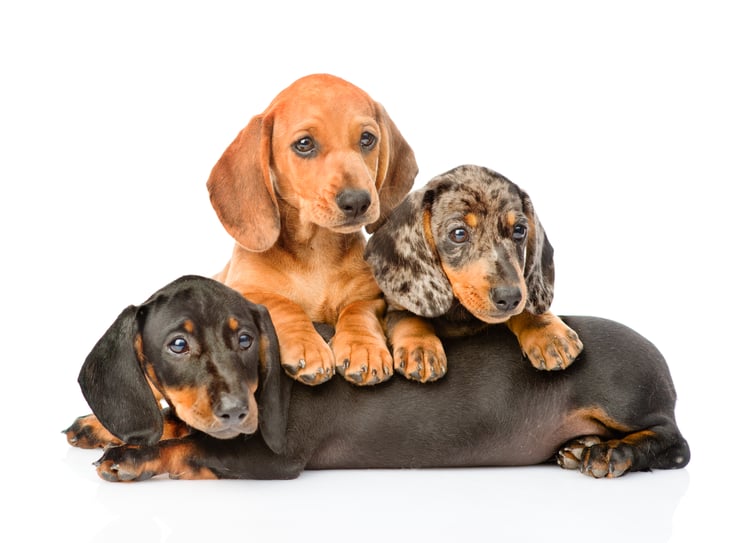
“Friendly and spunky, this small dog has a medium-sized energy level, making him a great companion for children.”
Basset Hound
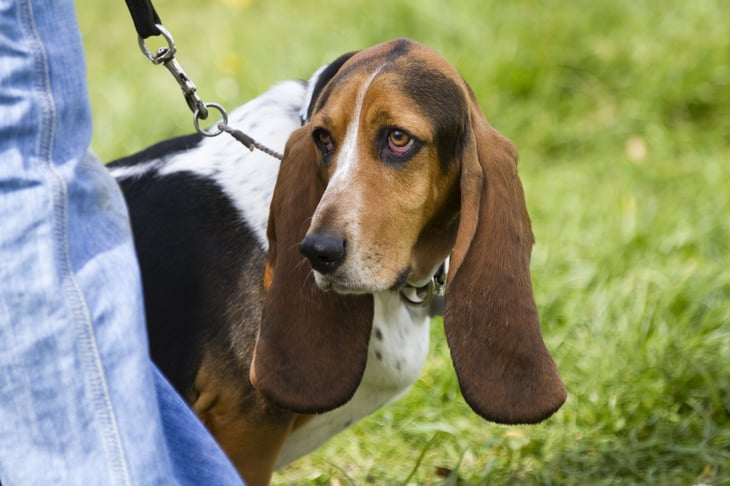
“Easygoing, laid-back and patient, Basset Hounds make great family pets.”
Pit Bull
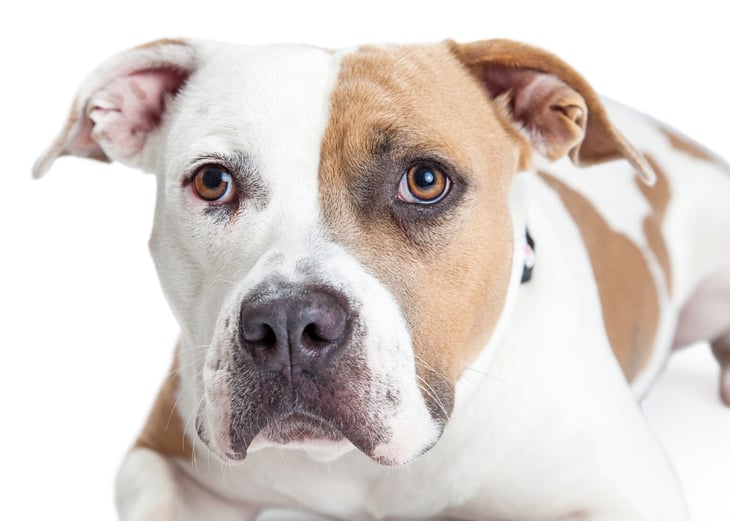
The pit bull — listed by the American Kennel Club as American Staffordshire Terrier — is “[c]onfident and good-natured, Pitties have been given a bad rap by those who have exploited them in violent ways. In actuality, they make great family dogs.”
Greyhound
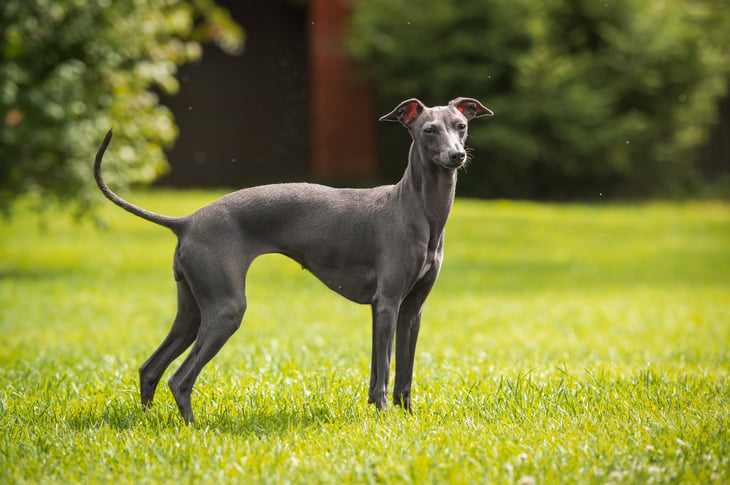
“The sweet and gentle nature of this large breed makes it an ideal dog for older folks, and women who want a companion that doesn’t require the high energy level of Labs and Shepherds.”
Want to learn about the size, behavior and temperament of more dog breeds? Check out the profiles provided by the American Kennel Club.
And remember: The best way to choose the dog that’s right for you is to make a decision that is driven as much by your head as your heart.
Once you have found your perfect four-legged friend, it is vital to invest the time and training needed to help your new family member adapt to a new home.
“Shelter dogs often have suffered from abuse or neglect, and will certainly be confused in a new environment,” said Levy. “Set rules from Day One on where your pet will sleep, when he will eat and what behavior is acceptable.”
What’s your experience finding pets? Have you adopted from a shelter? Share with us in comments below or on our Facebook page.




Add a Comment
Our Policy: We welcome relevant and respectful comments in order to foster healthy and informative discussions. All other comments may be removed. Comments with links are automatically held for moderation.